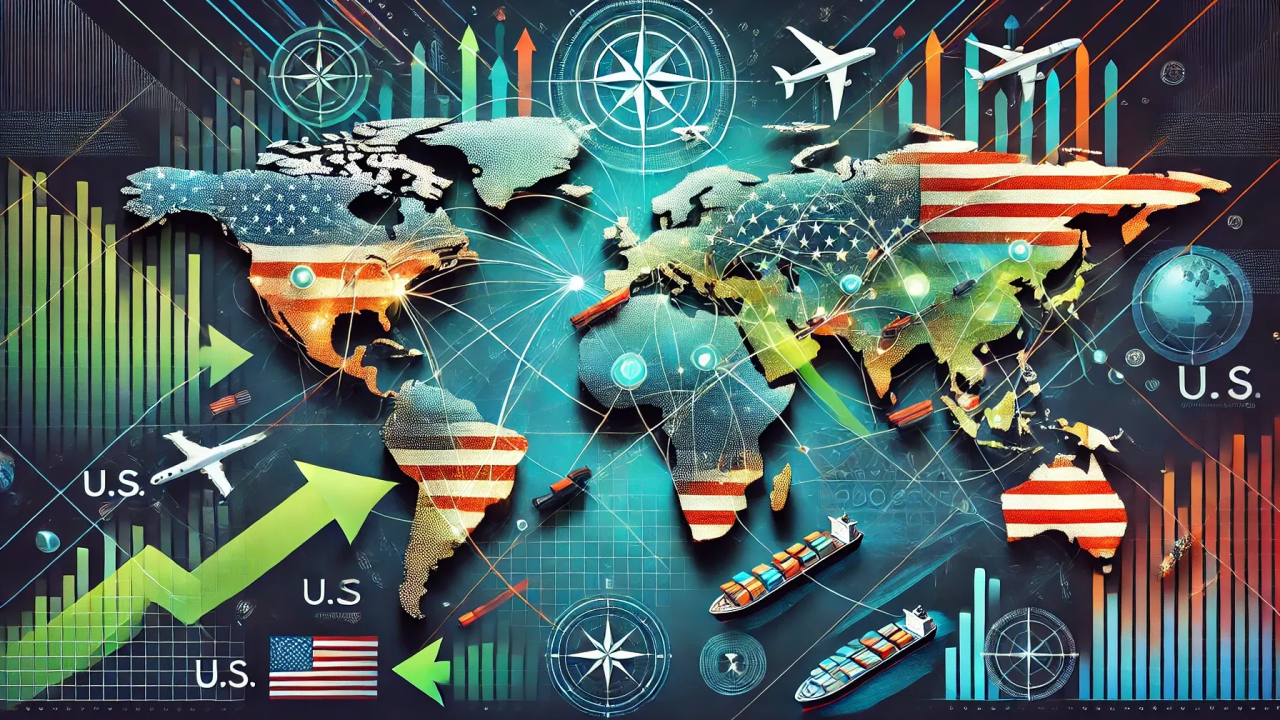OpenAI's ChatGPT Under FTC Scrutiny: A Deep Dive

Table of Contents
The FTC's Investigation into ChatGPT: Potential Violations
The FTC, tasked with protecting consumers from deceptive trade practices and ensuring fair competition, has launched an investigation into OpenAI and its flagship product, ChatGPT. The commission's authority stems from its mandate under the Federal Trade Commission Act, which prohibits unfair or deceptive acts or practices in commerce. The potential violations OpenAI might be facing are multifaceted and deeply concerning.
Data Privacy Concerns
ChatGPT's functionality relies on vast amounts of user data, raising significant data privacy concerns. The collection, use, and storage of this data are under intense scrutiny. Potential risks include:
- Data breaches: A breach could expose sensitive personal information, leading to identity theft, financial loss, and reputational damage.
- Misuse of personal information: User data could be used for purposes beyond those disclosed in OpenAI's privacy policy, potentially violating consumer trust.
- Lack of transparency in data handling: OpenAI's data handling practices may lack sufficient transparency, making it difficult for users to understand how their data is being used.
- Insufficient consent mechanisms: Users might not be fully aware of or adequately consent to the extent of data collection and usage.
- Potential for biased data leading to discriminatory outcomes: The training data used to develop ChatGPT might contain biases, leading to discriminatory or unfair outputs. This is a significant concern under regulations like GDPR and CCPA.
Algorithmic Bias and Misinformation
The algorithms powering ChatGPT are trained on massive datasets, which may reflect existing societal biases. This can lead to discriminatory or harmful outputs. For example:
- Gender bias: ChatGPT might generate responses that perpetuate harmful stereotypes about gender roles.
- Racial bias: The chatbot could produce outputs that reflect and amplify racial prejudices.
- Misinformation: ChatGPT can generate convincing but entirely fabricated information, contributing to the spread of misinformation. This poses a significant risk to informed public discourse.
Deceptive Trade Practices
The FTC’s investigation also examines whether OpenAI has engaged in deceptive trade practices. This includes:
- Misrepresentations regarding ChatGPT's capabilities: Overselling the accuracy, reliability, or capabilities of the technology could be considered deceptive.
- Omission of crucial information: Failure to disclose limitations or potential risks associated with using ChatGPT could also constitute a deceptive practice.
- Unrealistic expectations: Marketing materials may create unrealistic expectations regarding ChatGPT's performance, leading to consumer disappointment and potential harm.
The Broader Implications of the FTC's Actions on the AI Industry
The FTC's actions against OpenAI set a significant precedent for the entire AI industry. The investigation's outcome will likely influence:
- Increased regulatory scrutiny: Other AI companies can expect intensified scrutiny regarding their data practices and algorithmic fairness.
- Potential for slower innovation: The fear of regulatory repercussions could lead to a more cautious approach to AI development, potentially slowing down innovation.
- Improved AI safety and ethical considerations: The investigation may catalyze a greater focus on AI safety and ethical considerations within the industry, leading to more robust safety protocols and guidelines.
OpenAI's Response and Future Outlook
OpenAI has acknowledged the FTC's investigation and pledged to cooperate fully. Their response strategy likely includes:
- Statements emphasizing commitment to responsible AI development: OpenAI is likely to reiterate its commitment to ethical AI development and data privacy.
- Potential changes to data handling practices: OpenAI might implement changes to improve transparency and enhance user control over their data.
- Improvements to algorithms to mitigate bias: The company may invest in further research and development to reduce algorithmic bias and improve the accuracy and fairness of ChatGPT's outputs.
Conclusion
The FTC's investigation into OpenAI's ChatGPT underscores the critical need for responsible AI development and robust regulation. The potential violations highlighted – encompassing data privacy concerns, algorithmic bias, and deceptive trade practices – represent significant challenges for both OpenAI and the broader AI industry. The outcome of this investigation will profoundly shape the future of AI, influencing how companies develop, deploy, and regulate this powerful technology. Stay updated on the ChatGPT and FTC investigation; follow the ongoing developments in AI regulation and learn more about responsible AI development to understand the implications of the FTC scrutiny on ChatGPT and its impact on the future of AI.

Featured Posts
-
 Market Analysis How Trump And The Fed Are Affecting The Bitcoin Price Btc
Apr 24, 2025
Market Analysis How Trump And The Fed Are Affecting The Bitcoin Price Btc
Apr 24, 2025 -
 Hollywood Shutdown The Impact Of The Writers And Actors Strike
Apr 24, 2025
Hollywood Shutdown The Impact Of The Writers And Actors Strike
Apr 24, 2025 -
 Full List Celebrities Affected By The Palisades Fire
Apr 24, 2025
Full List Celebrities Affected By The Palisades Fire
Apr 24, 2025 -
 Us Stock Futures Surge Trumps Powell Remarks Boost Markets
Apr 24, 2025
Us Stock Futures Surge Trumps Powell Remarks Boost Markets
Apr 24, 2025 -
 Zuckerbergs Next Chapter Navigating A Trump Presidency
Apr 24, 2025
Zuckerbergs Next Chapter Navigating A Trump Presidency
Apr 24, 2025
